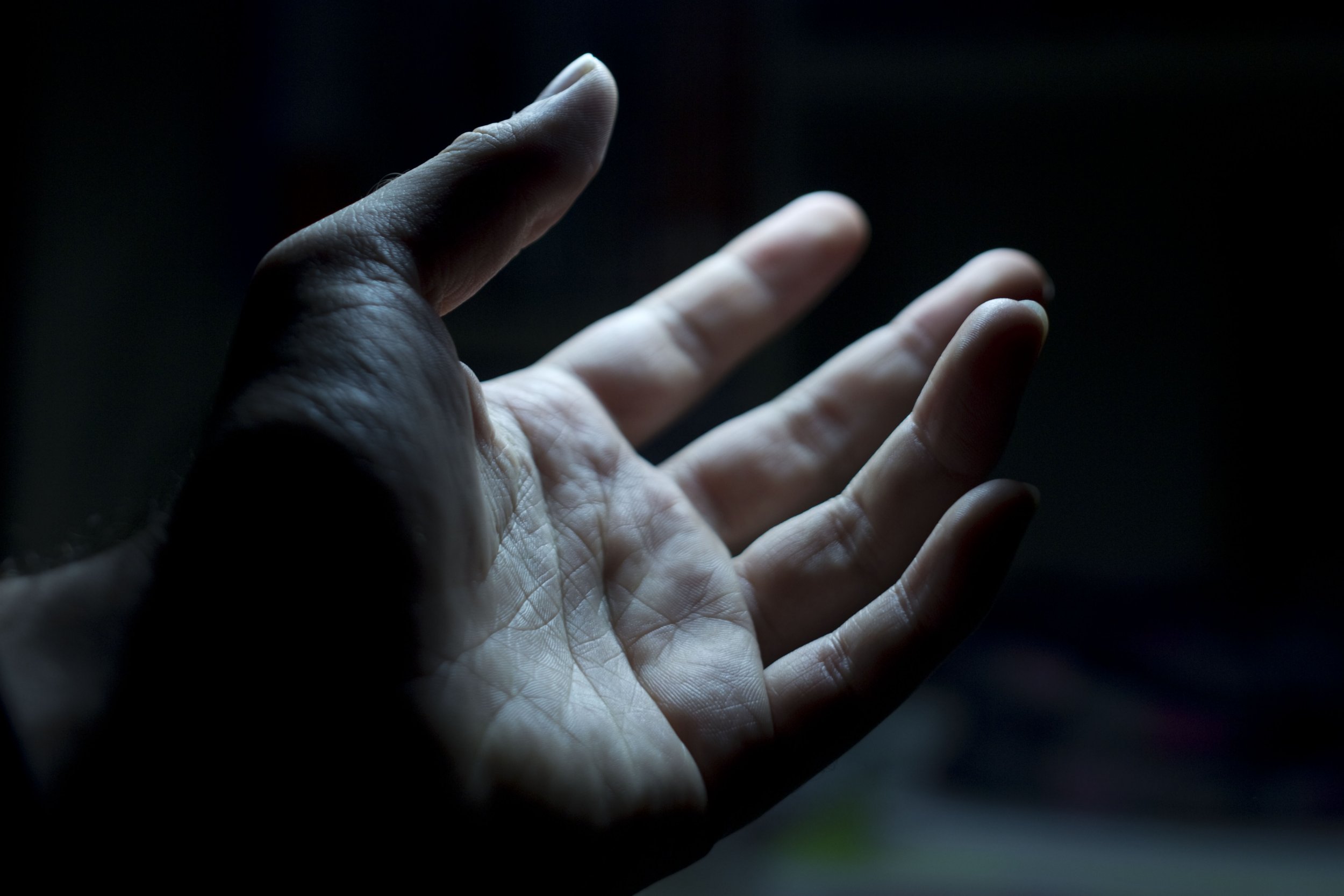
Washing your hands is one of the easiest ways to stop the spread of germs, right? Well, your office hand dryer might actually be spreading fecal bacteria onto your hands and throughout your building.
Scientists comparing normal bathroom air to that blasted from hand dryer nozzles have found far more bacterial colonies develop in samples exposed to the latter. The results were published this month in the journal Applied and Environmental Microbiology.
Read more: Mysterious flesh-eating bacteria that causes necrotizing fasciitis infects hundreds in Japan
"Bacteria in bathrooms will come from feces, which can be aerosolized a bit when toilets, especially lidless toilets, are flushed," study author Peter Setlow told Newsweek. The simple movement of lots of people in and out of the bathroom, shedding microbes from their skin, he said, adds to the messy picture.
Hand dryers suck up bathroom air and spew it out at speed. So, in the brief moments your hands rest below the nozzle, they'll be exposed to far more air than usual—and far more bacteria.
In the study, researchers searched 36 bathrooms at the University of Connecticut School of Medicine for a harmless, lab-engineered strain of bacteria Bacillus subtilis called PS533. Unlike other types of B. subtilis often found in soil, this strain is only found in laboratory environments.
The team found PS533 in every bathroom tested. Bacterial spores, Setlow explained, had probably traveled throughout the research building from a lab. Although these particular spores, which can survive for years, are "meaningless" for human health, their vast distribution shows that bacteria had spread through the air of the entire building.
"Within a large building, potentially pathogenic bacteria including bacterial spores may travel between rooms," the authors wrote in their research paper. Hand dryers, they added, could be one way such bacteria had seeped through the building.
Read more: NASA put dangerous bacteria on a satellite to find treatments for future space travelers
In theory, adding high-efficiency particulate air (HEPA) filters should stop bacteria particles from spraying over your newly cleaned hands. However, when the team retrofitted some of their dryers with HEPA filters, they only blocked about 75 percent of bacteria. Although that's a lot, it certainly isn't perfect.
"Perhaps the filters weren't working properly, or the large air column below the hand dryers was sucking in bacteria from unfiltered air adjacent to the forced air column," Setlow, who is a professor at the University of Connecticut, explained. Convection created by a hand dryer's air streams, for example, might pull in unfiltered bathroom air.
The research adds to a growing body of evidence showing that hot-air hand dryers have a role in the spread of bacteria—safe and potentially dangerous.
For now, Setlow is sticking to paper towels—as is the University of Connecticut, which has added them to all 36 bathrooms surveyed in the study.
Uncommon Knowledge
Newsweek is committed to challenging conventional wisdom and finding connections in the search for common ground.
Newsweek is committed to challenging conventional wisdom and finding connections in the search for common ground.
About the writer
Katherine Hignett is a reporter based in London. She currently covers current affairs, health and science. Prior to joining Newsweek ... Read more





